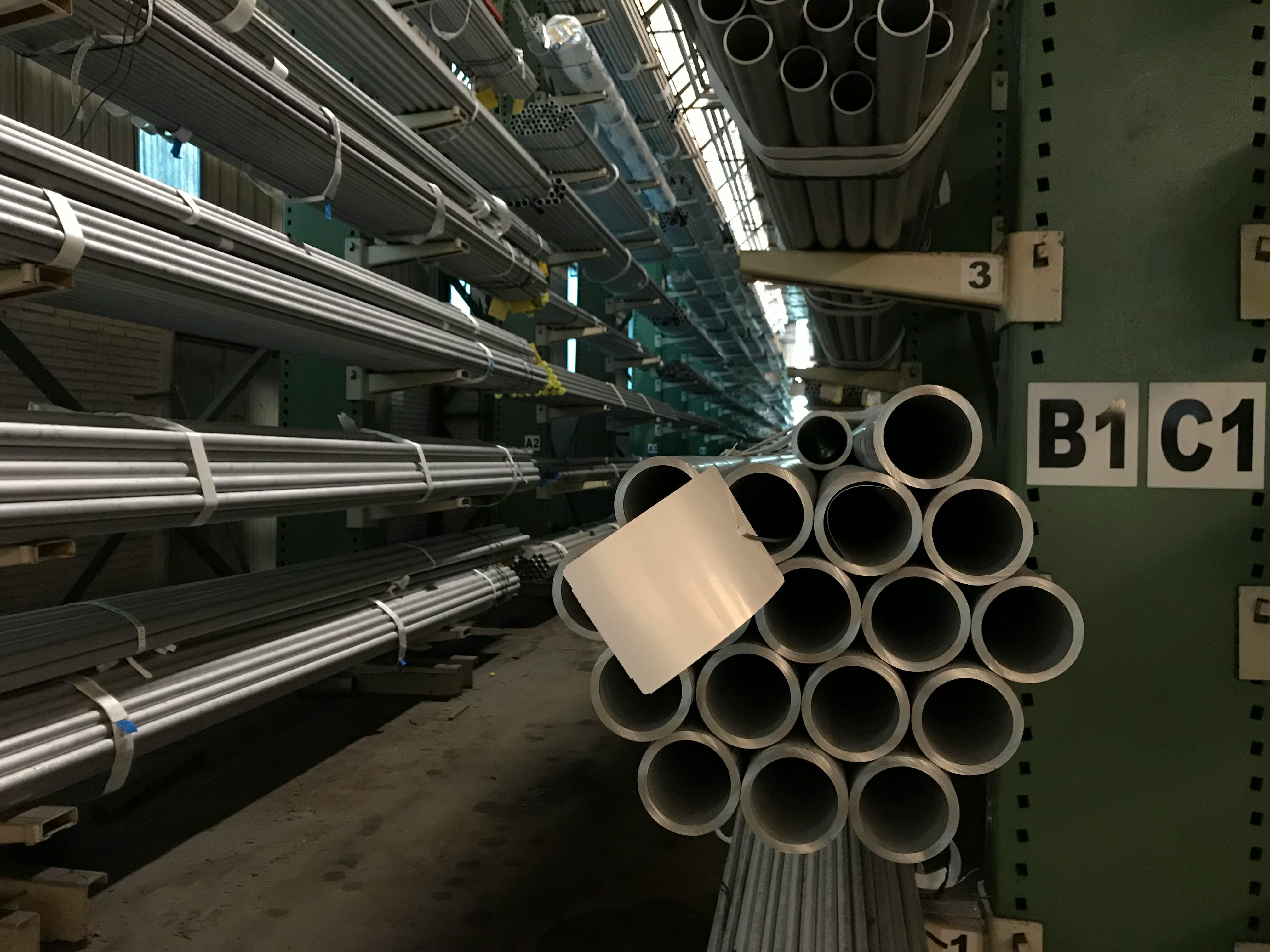US Imposes Tariffs On Chinese Steel Exports Via Mexico To Bolster Domestic Industry

In a significant move aimed at curbing Chinese steel exports, the US has imposed tariffs on shipments that pass through Mexico. This decision, announced by the Biden administration, is part of a broader strategy to protect American steelmakers and bolster support in key rust-belt states ahead of the upcoming November elections.
Details of the Tariffs
The new tariffs specifically target Chinese steel products that are routed through Mexico before entering the US market. This practice, often seen as a way to circumvent existing trade restrictions, has been under scrutiny for some time. The tariffs are designed to close this loophole and ensure that Chinese steel does not flood the US market at unfairly low prices.
Economic and Political Context
The imposition of these tariffs comes as President Joe Biden seeks to strengthen his position in rust-belt heartlands, where the steel industry remains a critical economic driver. States like Pennsylvania, Ohio, and Michigan, which have large steelworking communities, are key battlegrounds in the upcoming elections. By taking a hard stance on Chinese steel imports, Biden aims to win over voters concerned about job losses and economic decline in these regions.
Impact on US-Mexico Trade Relations
This move is likely to strain trade relations between the US and Mexico. While the tariffs are aimed at Chinese steel, the involvement of Mexico as a transit point adds complexity to the situation. Mexican officials have expressed concern over the potential impact on their own steel industry and broader trade relations with the US.
Industry Reactions
The American steel industry has welcomed the tariffs, viewing them as a necessary step to level the playing field. Industry leaders argue that Chinese steel, often subsidized by the Chinese government, undermines fair competition and threatens American jobs. However, some economists warn that tariffs could lead to higher prices for consumers and potential retaliatory measures from trade partners.
Conclusion
The Biden administration's decision to impose tariffs on Chinese steel exports via Mexico reflects a strategic effort to protect American industry and secure political support in key states. As the November elections approach, this move underscores the importance of the steel industry in shaping economic and political strategies. The long-term implications for US-Mexico trade relations and the global steel market remain to be seen.
Author: Ricardo Goulart
Copper's Comeback: Inside BHP And Lundin's Argentine Asset Acquisition
Copper, often dubbed "the metal of electrification," is experiencing a resurgence in demand due to its critical role in ... Read more
Revitalizing Commodities: How Clean Energy Is Breathing New Life Into A Stagnant Market
The commodities market, traditionally a cornerstone of investment portfolios, has experienced a decade of stagnation. Ho... Read more
European Airports Disrupted By Escalating Climate Protests
Climate activists have escalated their protests at European airports, blocking runways and causing flight disruptions in... Read more
Hungary's Russian Oil Dilemma: Why Brussels Is Cautious In Offering Support
Hungary's reliance on Russian oil has led it to seek support from Brussels to ensure continued access to this crucial en... Read more
Unveiling China's Secret Commodity Stockpiles: What Lies Ahead?
Xi Jinping's extensive reserves of grain, natural gas, and oil hint at future challenges.In a move shrouded in secrecy, ... Read more
Copper Miners Brace For Industry Overhaul As End Users Seek Direct Deals
The copper mining industry is bracing for a significant overhaul as end users, including cable manufacturers and car com... Read more

